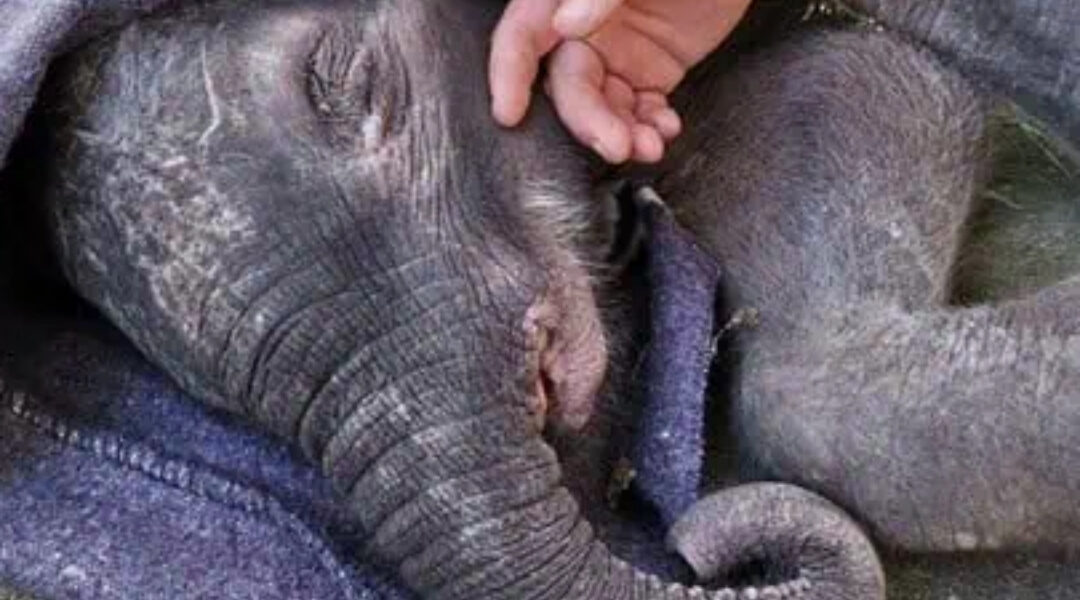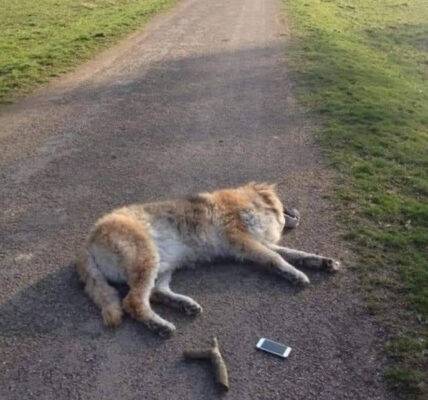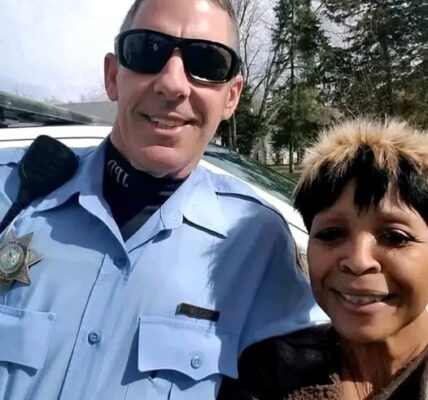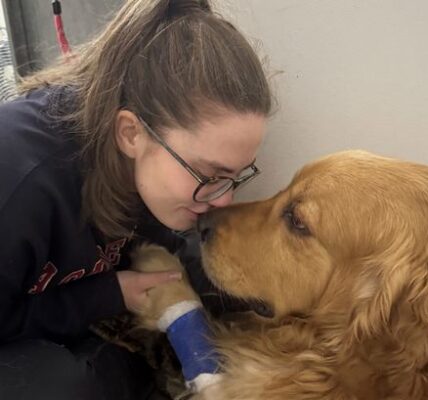She was only three months old — small, fragile, and completely alone. Somewhere in the vast wilderness of Mozambique’s Maputo Special Reserve, a baby elephant wandered through the brush, her tiny trunk lifting weakly as she searched for the herd that was no longer there.

For three long days, she walked alone. Without her mother’s milk or protection, her strength began to fade. In the wild, a baby elephant cannot survive long without its family — not just for nourishment, but for safety, warmth, and guidance.
Predators lurked nearby, and the chill of the nights was merciless.
Then, something extraordinary happened.

Members of the Muvucuza Community, who live near the reserve, spotted the calf struggling to stand. Realizing she was in danger, they immediately alerted park rangers. Their quick action set off a chain of events that would save her life.
Within hours, a coordinated rescue team was on the move. It included rangers from Mozambique’s National Administration of Conservation Areas (ANAC), veterinarians from Saving the Survivors, helicopter pilots from the Dyck Advisory Group, and field experts from the Peace Parks Foundation (PPF).
When they found her, the calf was weak, dehydrated, and barely responsive — a heartbreaking sight.
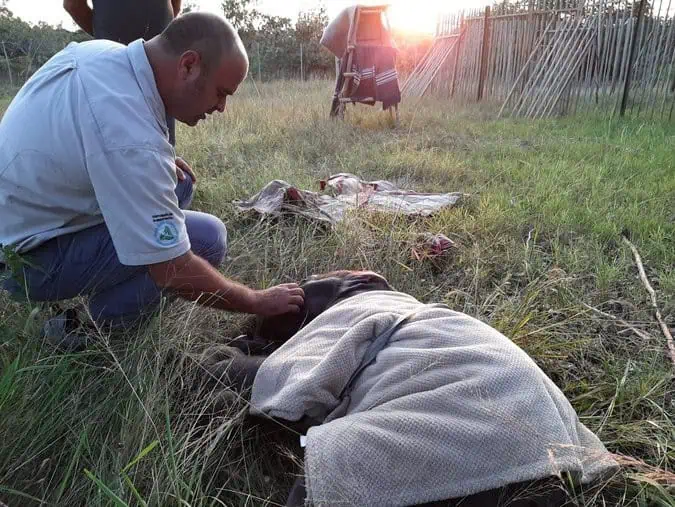
“Her condition was critical for several hours,” said Dr. João Almeida from Saving the Survivors. “She was exhausted, hungry, and her system was shutting down.”
Knowing time was running out, the team acted fast.
A batch of fresh milk was airlifted from South Africa and rushed to the site, where veterinarians gently fed her and administered fluids through an IV. Slowly, the tiny elephant began to stabilize.
By nightfall, her breathing had evened out. Her trunk twitched. Her eyes opened. Hope returned.
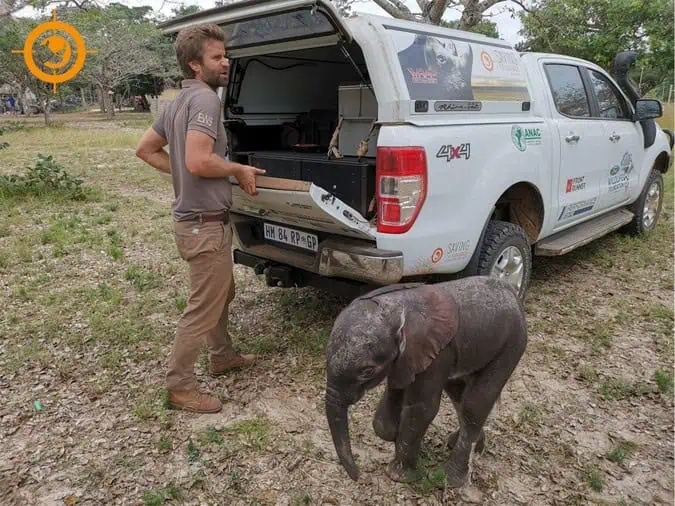
Over the following days, the team continued their round-the-clock care. She was fed every two hours, given small sips of milk, and kept warm under constant supervision.
Each sign of improvement — a small movement, a sound, a flick of her ear — was celebrated as a victory.
“She’s begun to sleep regularly and pass waste again,” one rescuer said with a smile. “Those are small miracles for us.”
But the mission isn’t over yet. The baby elephant’s long-term survival depends on transferring her to a specialized care facility in South Africa, where she’ll continue to grow strong under expert care before being reintroduced into the wild.
This next step requires complex cross-border permits — a process now being handled by Dr. Carlos Lopes Pereira (ANAC) and Dr. Michelle Henley (Elephants Alive) in coordination with South Africa’s Department of Environmental Affairs.

The rescue has drawn praise from conservationists around the world — not only for saving one life, but for demonstrating what’s possible when people unite for a single cause.
The cooperation between communities, governments, and non-profits was a reminder that compassion knows no borders.
A technical advisor from the Peace Parks Foundation later reflected:
“Elephants rarely abandon their calves. This little one might have been ill or left behind by accident. Either way, she reminds us how fragile — and precious — life in the wild truly is.”
Today, the baby elephant is regaining her strength, her body recovering one feeding at a time. Rangers have nicknamed her Maputo, after the place where she was found — a name that now symbolizes survival and hope.
One day, if all goes well, she will walk freely again among her own kind — not as a lost orphan, but as a living emblem of what human compassion can achieve when it listens to the cry of the wild.
